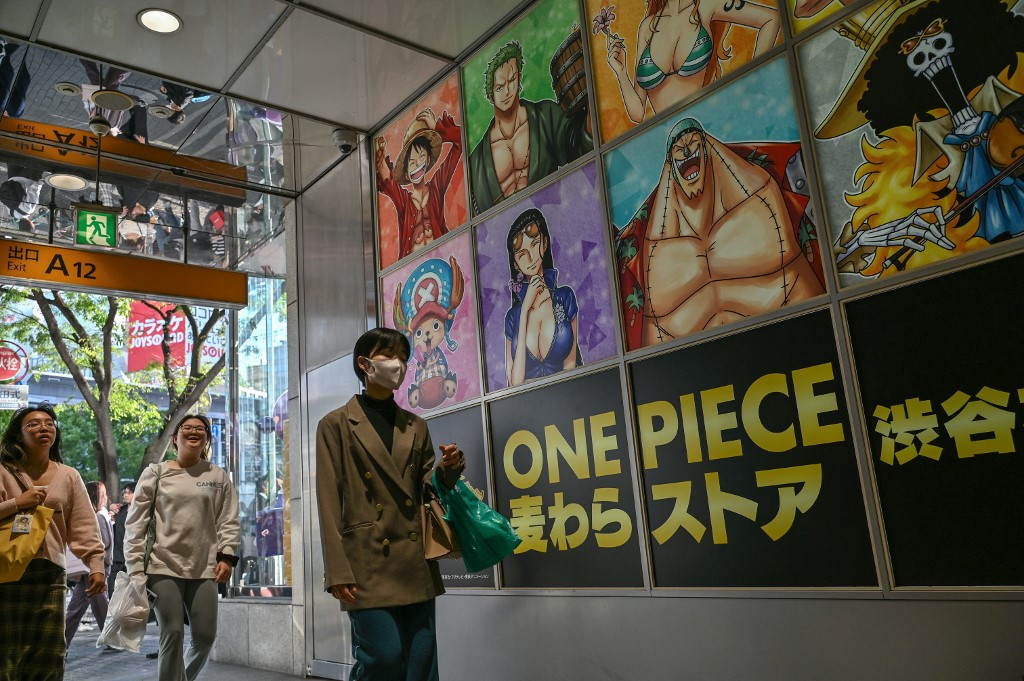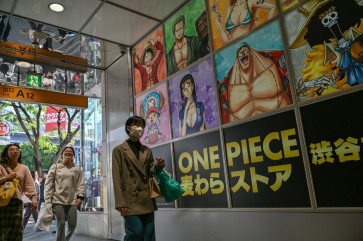Popular Reads
Top Results
Can't find what you're looking for?
View all search resultsPopular Reads
Top Results
Can't find what you're looking for?
View all search resultsThe One Piece banner spectacle and the crisis of national symbols
When citizens choose a pirate flag over an official sign of national identity to symbolize their hopes for justice, it is not because they reject the nation. It is because they feel rejected by it.
Change text size
Gift Premium Articles
to Anyone
O
n rooftops across Indonesia, a strange flag flutters in defiance. It is not the familiar red-and-white of the Republic, but a black banner adorned with a pirate skull, instantly recognizable to millions as the symbol from the beloved Japanese anime One Piece by Eichiro Oda.
As the nation approaches its 80th anniversary of independence on Aug. 17, this symbolic brouhaha has gone viral, spreading through TikTok, Instagram and X, from memes to avatar profiles and merchandise. Some see the trend as playful fandom. Others interpret it as a quiet and clever protest.
And for a few, such as social media influencers, the flag becomes a vessel for deeper ideological meaning, including a call for a transnational Islamic caliphate.
This spectacle raises critical questions: What does it mean when the symbols of pop culture begin to speak louder than the official symbols of the nation? How a pirate flag rose above Indonesia’s Independence Day commemoration reveals a growing disconnect between youth and state power.
To me this moment marks more than a viral trend. It reveals a deeper semiotic crisis. The national symbols that once evoked pride and belonging are now met with irony, satire or outright substitution.
As cultural theorist Stuart Hall argues, meaning is not fixed by producers but constantly negotiated by audiences. The One Piece flag, originally encoded as entertainment, has been redecoded by Indonesian youth as a symbol of antiestablishment sentiment: sometimes anarchic, utopian or despairing.
What we are witnessing is a rupture in hegemonic representation, where the state's official signs, such as the 80th anniversary of independence logo, uniformed parades, staged ceremonies and red-and-white flags, fail to resonate with a generation raised amid economic precarity, political spectacle and algorithm-driven media. In their place, pirate emblems, anime slogans and digital remix cultures rise as expressive tools to articulate discontent and reimagine justice.



















